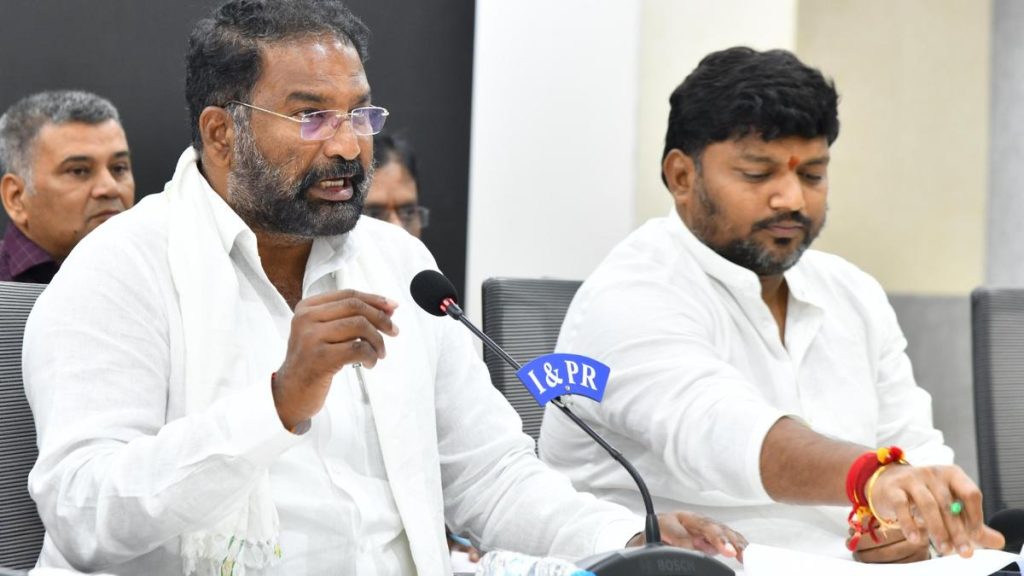Now Reading: Federal Balance: A Cornerstone of Thriving Democracy
-
01
Federal Balance: A Cornerstone of Thriving Democracy
Federal Balance: A Cornerstone of Thriving Democracy

Fast Summary
- Federal Concerns: Tamil Nadu Chief Minister M.K. Stalin argues that India should practice true federalism, where States do not have to protest or litigate for their rightful share of resources adn autonomy.
- State Contribution to National Unity: India’s Independence in 1947 was achieved collectively through a nationwide movement emphasizing “Unity in Diversity.” Leaders envisioned equal participation by all States.
- Linguistic Rights and Secularism: Tamil Nadu historically resisted the imposition of Hindi, maintaining its commitment to linguistic diversity. secularism remains integral to India’s Constitution.
- Economic Growth of Tamil Nadu:
– The State achieved an 11.19% growth rate in FY 2024-25, the highest in 14 years and currently the fastest-growing large economy in India.
– Exports (especially electronics) increased ninefold over four years; Employment registrations grew substantially by nearly one crore individuals in five years.
– Target set for transforming Tamil Nadu into a $5 trillion economy by 2047 as part of India’s $30 trillion economic aspiration.
- Financial Disputes with Union Government:
– Claims that ₹2,200 crore under Samagra Shiksha Abhiyan were denied based on disagreements over language policy and PM SHRI scheme linkage.
– Union has disproportionately shifted financial responsibility for jointly implemented schemes onto States like Tamil Nadu.- The promised share from tax revenue (41%) per Finance Commission recommendations has reportedly been reduced to approximately 33.16%.
- Unfulfilled Promises & Governance Issues:
– AIIMS Madurai project delayed six years post-founding ceremony by Prime Minister Narendra modi.
– Governors accused of stalling development initiatives; Bills frequently delayed or sent back for judicial intervention despite Supreme Court judgments affirming state legislative authority.
Indian Opinion Analysis
The discourse presented highlights fundamental tensions between cooperative federalism and centralized governance within India’s democratic framework. While economic achievements like a double-digit growth rate showcase potential opportunities for collaborative national progress, grievances over resource allocation indicate unresolved disparities between union policy decisions and State-level autonomy.
Key concerns around reduced tax devolution percentages (~33%) versus recommendations (~41%), alongside linking unrelated schemes like PM SHRI with Samagra Shiksha Abhiyan funds, merit further dialog given their broader implications on inter-State relations within an evolving political landscape. Additionally, allegations of gubernatorial delays impacting legislation question adherence to constitutional norms meant to safeguard democracy at both levels.
Tamil Nadu’s exponential export growth and ambitious vision resonate positively with national aspirations while underscoring that equitable acknowledgment from the Union could strengthen shared goals such as achieving $30 trillion GDP collectively by mid-century. Though, constructive negotiation mechanisms might be essential between stakeholders if disputes hinder developmental trajectories at State or national levels.Read more here

























